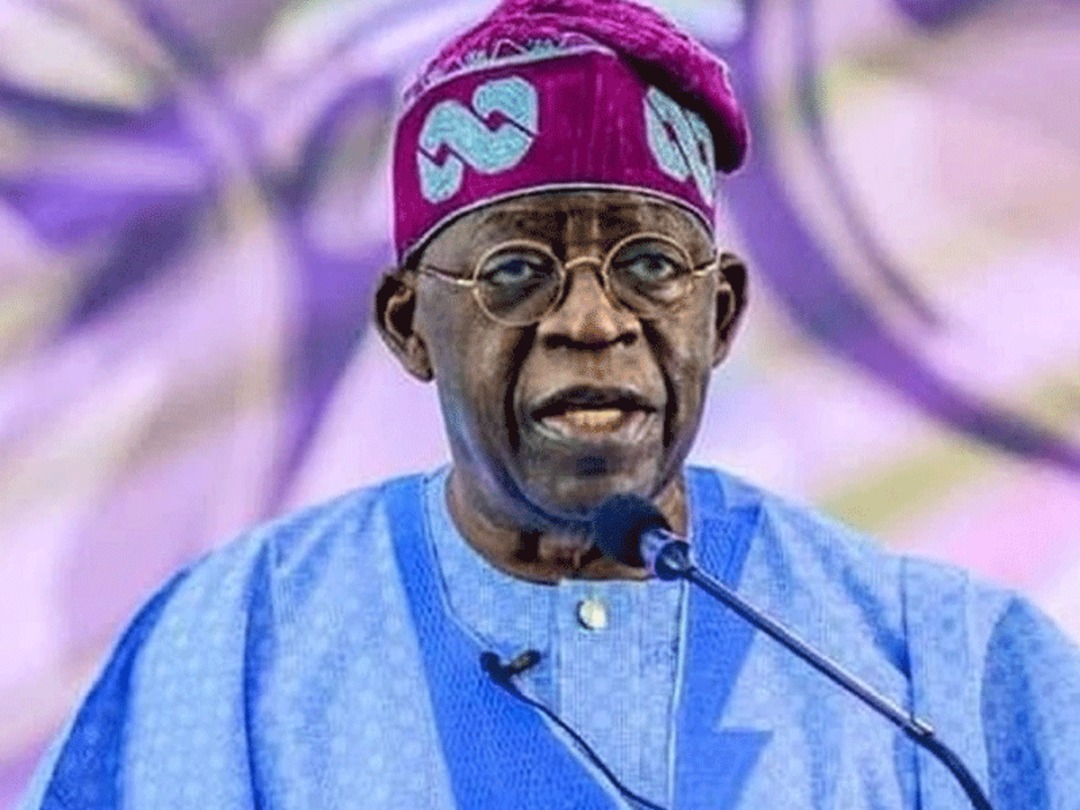Nigeria’s new president, Bola Ahmed Tinubu has made a bold move to end the controversial fuel subsidy that has plagued the country for decades.
In his inaugural speech on Monday, May 29th, 2023, he declared that “fuel subsidy is gone” and that there was no provision for it in the budget he inherited from his predecessor, Muhammadu Buhari.
“On fuel subsidy, unfortunately, the budget that exist before I assumed office and what I have heard is that no provision is there for fuel subsidy, so Fuel subsidy is gone“ Tinubu
The fuel subsidy was a policy that aimed to keep the price of petrol low for consumers by paying the difference between the market price and the regulated price to importers and marketers.
READ ALSO: Just in: Tinubu sworn in as Nigeria’s 16th President
However, critics have argued that the subsidy was unsustainable, inefficient, and prone to corruption. According to data from the National Bureau of Statistics Nigeria spent about N10 trillion on the import of fuel and lubricants in 2022
Tinubu’s decision to scrap the fuel subsidy is in line with his campaign promise to reform the oil sector and diversify the economy.
He said that he would use the savings from the subsidy removal to invest in infrastructure, education, health, and social welfare. He also assured Nigerians that he would ensure an adequate supply of petrol and prevent artificial scarcity and hoarding by unscrupulous elements.
Tinubu’s move to end the fuel subsidy marks a significant shift in Nigeria’s political and economic landscape. It remains to be seen how he will implement his vision and how Nigerians will adapt to the new reality.
Many experts have argued that removing the fuel subsidy would free up funds for other developmental projects and encourage private investment in the refining sector. However, they also warned that the government must provide adequate palliatives and social safety nets for the poor and vulnerable who would bear the brunt of the price hike.

 Health5 days ago
Health5 days ago
 Entertainment1 week ago
Entertainment1 week ago
 Crime6 days ago
Crime6 days ago
 Education1 week ago
Education1 week ago
 Health1 week ago
Health1 week ago
 Comments and Issues7 days ago
Comments and Issues7 days ago
 Football7 days ago
Football7 days ago
 Latest6 days ago
Latest6 days ago

